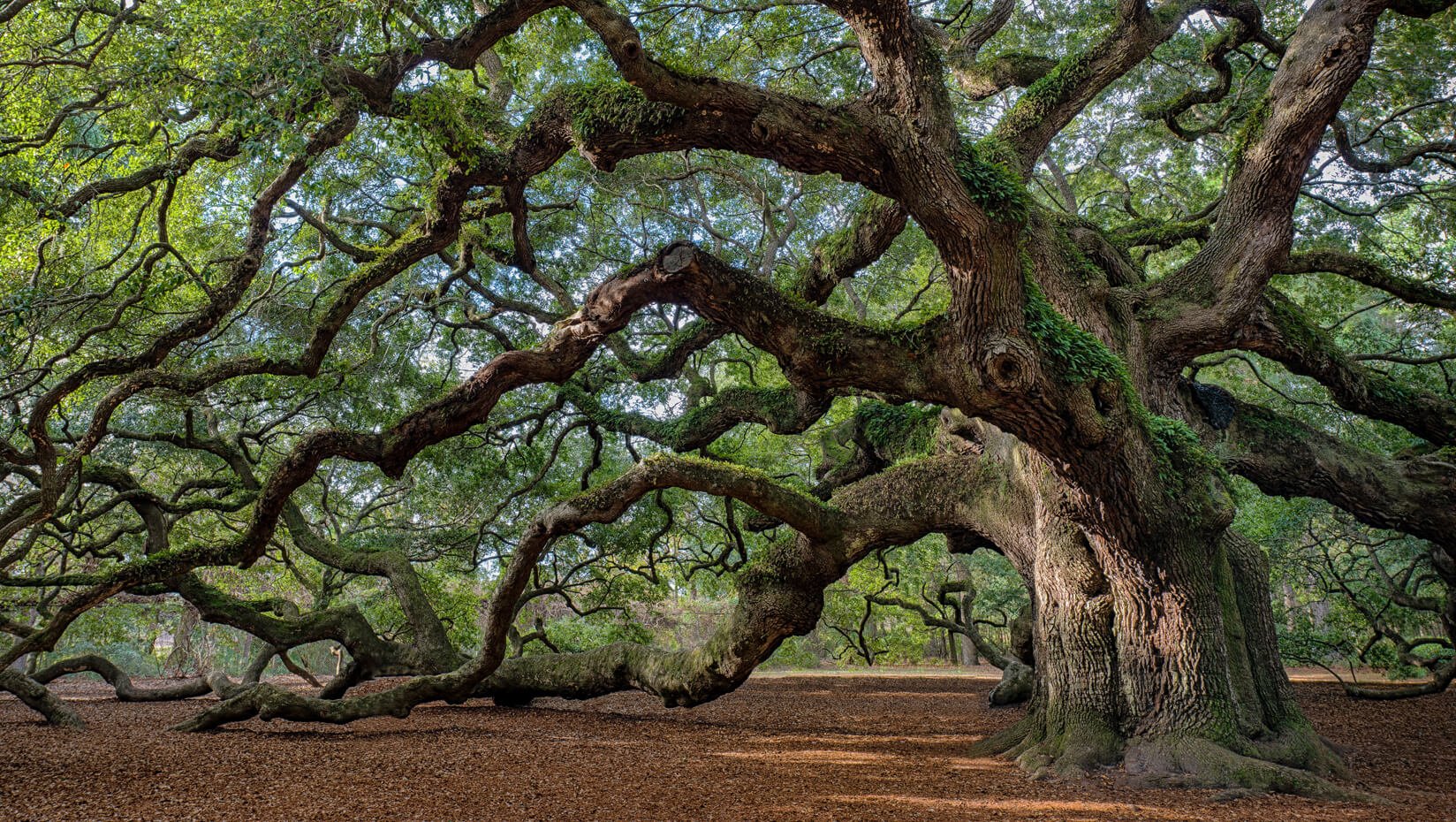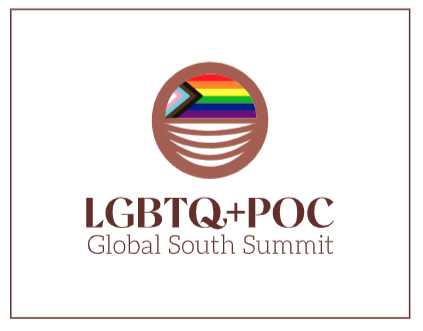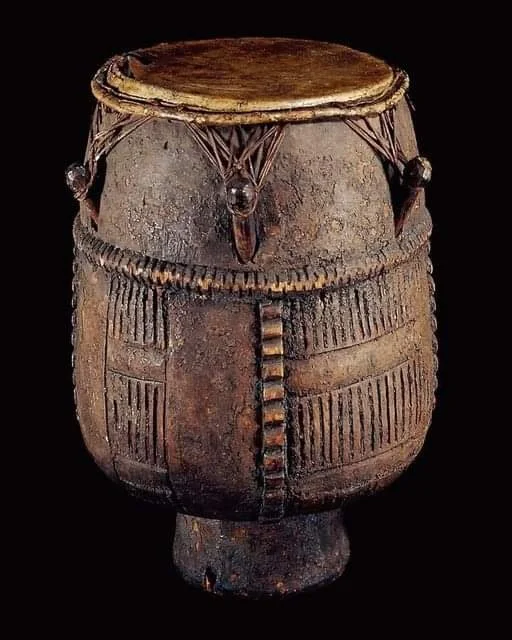
The Ancestral Institute is a forum in which participants bring and share ancestral/traditional healing practices, and examine how these can be incorporated with contemporary mental health psychological paradigms to work toward achieving a “whole person” type of treatment for Black and peoples of color, and which will be included in training modules and therapeutic practices, especially for Indigenous, Black and people of color practitioners.
We launched the Ancestral Institute online on October 6, and began at noon and concluded at 6:30pm.
Visit and experience the 2022 program here.
in 2023, continuing with the 2022 title, “Reclaiming Rituals - Honoring Ancestors, Impacting Communities,” we will convene and continue reconnecting with our Ancestors, and to celebrate the many rites, rituals, practices, and respective communities - the ways we healed ourselves and each other.









We are aware of these truths
1
that mental health, as a science, is relatively new;
2
that mental health was never designed or formulated to and for Black and people of color;
3
that we need to reconnect with, and incorporate ancestral and indigenous healing practices with Western psychological constructs to address mental health in our communities, to achieve a "whole person" type of evaluation, diagnosis and treatment;
4
that mental illness and health among our communities manifests differently.
As we turn to our elders for their wisdom and experience to guide us, we ask them:
1
What does mental health and illness among their tribes, nations, families, communities look like?
2
How does the family, tribe, village, community and nation assist with treating one of their own?
We chose a drum as the Ancestral Institute’s logo.
In ancestral, traditional, Indigenous communities the drum, often represented in different forms, shapes, sizes and materials, is central.
The drum is encircled by the colors associated with Black/Africa-centric history, resistance, and revolution: red, black, green, and yellow, with the global map superimposed on the skin used for drum-making. The lettering, in earthen brown, is intended to evoke and create a link with Indigenous communities.
Throughout human history, the sound, the rhythmic music - that thump, thump, the deep bass - served several purposes, including calling everyone to gather, announcing a special event such as a birth, a betrothal, marriage, sickness and death, calling to war, directing fighters, communicating between villages, and celebrating/commemorating harvests, natural events, and tragedies.
Through its reverberations the drum is used in healing, enabling trances and meditation, and providing comfort. Through playing, drummers give life to the drum, which becomes an authority in the gathering.
Drummers meeting in a group, drumming, begin by “warming up” the drums, and when all the drummers have achieved synchronicity, an organic rhythm emerges, a keen listener could hear different drum sounds, each calling and responding to the other, creating a language in sound; its sound sends waves through our bodies, we feel it pulsating in our flesh, our heart rate and breathing slowly stop resisting and become in synch, and we are calmed. Yet, one drummer can, through playing, evoke and communicate, allowing their drum to “speak/talk” to those listening. And, often, when drums are played, when we’ve given ourselves over to the rhythms, almost imperceptively our bodies respond, a shimmer here, a movement there, our muscles begin to be in synch with the beats, and we dance, from tentative movements and steps to full on and with abandon - sometimes our limbs seem uncoordinated, flying, flailing about, our legs kicking and stomping, and our hips gyrating in ever more circular and sexually suggestive motions - as if suddenly, we are spineless; the sweat pouring from our glistening skin, our head and face drenched - the sounds of the drums have taken over our being and we’ve become one with our ancestors and nature. For many, this is the beginning or continuation of their healing.
Ancestral Institute
Founding Members
Adjoa Osei, Psy.D.
Yaa Elombe, D.Min (Black Women Blueprint)
Gabriella Diaz (The New School)
Kaston Anderson-Carpenter, Ph.D. (Michigan State University)
Monika Ponton Arrington, Ph.D. (Georgia Indigenous Diversity, LLC)
Wandile Tsabedze, Ph.D. (North-West University, South Africa)
Daniel Lesiba Letsoalo, MA Clin Psych, Ph.D. (North-West University, South Africa)
Curwyn Mapaling, MA (North-West University, South Africa)
Antoine B. Craigwell (DBGM, Inc.)

Read Through our Full Journal here
2022 Program
Reclaiming Rituals: Honoring Ancestors, Impacting Communities
Indigenizing Mental Health & Wellness in the Global Diaspora
10:00 AM Sign On
12:00 PM Call to Order
Calling on Our Ancestors - Indigenous Peoples Two-Spirit Invocation & Libations
presented by Monika Ponton Arrington, Ph.D., (Georgia Indigenous Diversity & Consulting) and Baba Fasanmi Obaniyi Fayemi (video linked)
Welcome, Introductions/Purpose, Acknowledgements & Housekeeping
“We Remember Our Own” - Memorial & Moment of Silence, presented by Darren J. Glenn, MSLIS (Glenn Family Foundation) (video link)
12:15 PM History of Ancestral & Indigenous Healing (video link)
Intro: “Walking the Red Road on a Colonized SuperHighway” - on being Contemporary as Traditional Indigenous
1:00 PM Ancestral & Indigenous Healing Rites and Rituals (video link)
presented by Baba Ifasanmi Obaniyi Fayemi, MFA
1:45 PM Intro: "Mental Illness from An African Perspective: A Call for an Urgent Fully Formal Integrative Approach to Mental Health Care” (video link)
2:30 PM Wellness break
2:45 PM In-Depth Discussions (concurrent and may offer CEUs for LCSWs and LMSWs provided by Callen-Lorde Community Health Center; protecting group intimacy and participants’ confidentiality, video recordings aren’t available for these breakouts):
Healing Indigenous and African Histories - Truths
“Walking the Red Road on a Colonized SuperHighway” - on being Contemporary as Traditional Indigenous
Daniel Foster, Ph.D., MSCP, and Rebecca Crawford-Foster, Ph.D., MSCP (Tatanka Mni Wiwayan Wacipici Holcoka Wakan), (Society of Indian [American] Psychologists, American Psychological Association)
Ancestral Healing Rites and Rituals
Baba Ifasanmi Obaniyi Fayemi, MFA
(CE) Mental Illness from An African Perspective: A Call for an Urgent Integrative Approach to Mental Health Care
Daniel Lesiba Letsoalo, MA Clin. Psych, PhD; Wandile Fundo Tsabedze, MA, PhD; and Curwyn Mapaling, MA (North West University, South Africa)
“Using Chairwork Psychotherapy to Combat the Psychological Impact of Oppression” - presented by Amanda Garcia Torres, LMHC (Chairwork Therapy, NYC)
5:15 PM Wellness Break
5:25 PM Ancestral Institute - Developing A Curriculum (video link)
Kaston Anderson-Carpenter, Ph.D. (Michigan State University)
5:45 PM Healing Opportunities (concurrent)
Meditation - presented by Kali (Mauritius)
Yoga - presented by Adjoa Osei, Psy.D.
Healing Circles - presented by Sawubona Healing Circles| ABPSI
Drumming - presented by The Drum Three - Winston (Jeggae) Hoppie, Mboya Wood, Akoyaw Rudder
6:15 PM Indigenous Peoples Closing Invocation (video link)
END














